Description
Propionic Acid: More Than Just a Preservative
Propionic acid, also known as propanoic acid, is a naturally occurring carboxylic acid with the chemical formula CH3CH2COOH. While you might not recognize the name, you likely encounter it regularly, as it plays a significant role in food preservation, animal feed, and even emerging industrial applications. This short-chain fatty acid, with its distinct pungent odor, is more than just a chemical compound; it’s a versatile molecule with a surprising range of uses.
A Natural Occurrence, A Useful Compound:
Propionic acid is produced naturally in the human gut by certain bacteria as they ferment dietary fiber. This process contributes to the gut microbiome’s health and may play a role in immune function. It’s also found naturally in certain foods like Swiss cheese, where it’s a byproduct of the unique fermentation process involving Propionibacterium freudenreichii.
The commercially produced propionic acid, however, is typically synthesized via chemical processes, often involving the oxidation of propionaldehyde. This manufactured form is used extensively in various industries due to its effective properties.
Food Preservation: A Key Application:
Perhaps the most well-known application of propionic acid is as a food preservative. Its antimicrobial properties make it highly effective in inhibiting the growth of mold and some bacteria in a variety of food products. This is particularly crucial for baked goods like bread and cakes, where mold growth can quickly lead to spoilage.
Propionic acid and its salts, such as sodium propionate and calcium propionate, are commonly added to these products to extend their shelf life without significantly altering their taste or texture. It acts as a barrier against common food spoilage organisms, ensuring that consumers receive fresh and safe products.
Beyond Food: Diverse Applications:
Beyond the food industry, propionic acid finds use in a range of other applications:
- Animal Feed: It’s used as a mold inhibitor in animal feed, particularly grain and silage. This helps prevent spoilage and maintain the nutritional value of the feed, contributing to healthier livestock.
- Herbicides: Propionic acid is used in the production of certain herbicides, contributing to weed control in agriculture.
- Plastics and Polymers: It serves as a chemical intermediate in the synthesis of plastics, polymers, and other chemical compounds.
- Pharmaceuticals: While less common, propionic acid can be found in some pharmaceutical formulations, often as a salt or ester.
Safety and Considerations:
Propionic acid is generally recognized as safe (GRAS) by the FDA for use in food when used as directed. However, like any chemical substance, it’s important to handle propionic acid with care. It can be irritating to the skin and eyes at high concentrations and should be used in well-ventilated areas.
Emerging Research and Future Potential:
Researchers are continuously exploring new applications for propionic acid. Its role in gut health is an area of ongoing investigation, with potential implications for managing conditions like digestive disorders and inflammatory bowel disease. Furthermore, studies are exploring its potential as a building block for sustainable chemicals and biofuels, contributing to a more environmentally friendly future.
In Conclusion:
Propionic acid is a versatile and vital compound that plays a significant role in various industries, from food preservation to agriculture and beyond. Its natural occurrence and effective properties make it a valuable tool for ensuring food safety, protecting livestock, and contributing to a range of other applications. As research continues to unveil new potential uses, propionic acid is poised to remain a significant and impactful chemical compound for years to come. As our understanding of its role in the gut microbiome expands, we may even find new ways to harness its beneficial properties for improved health and well-being.






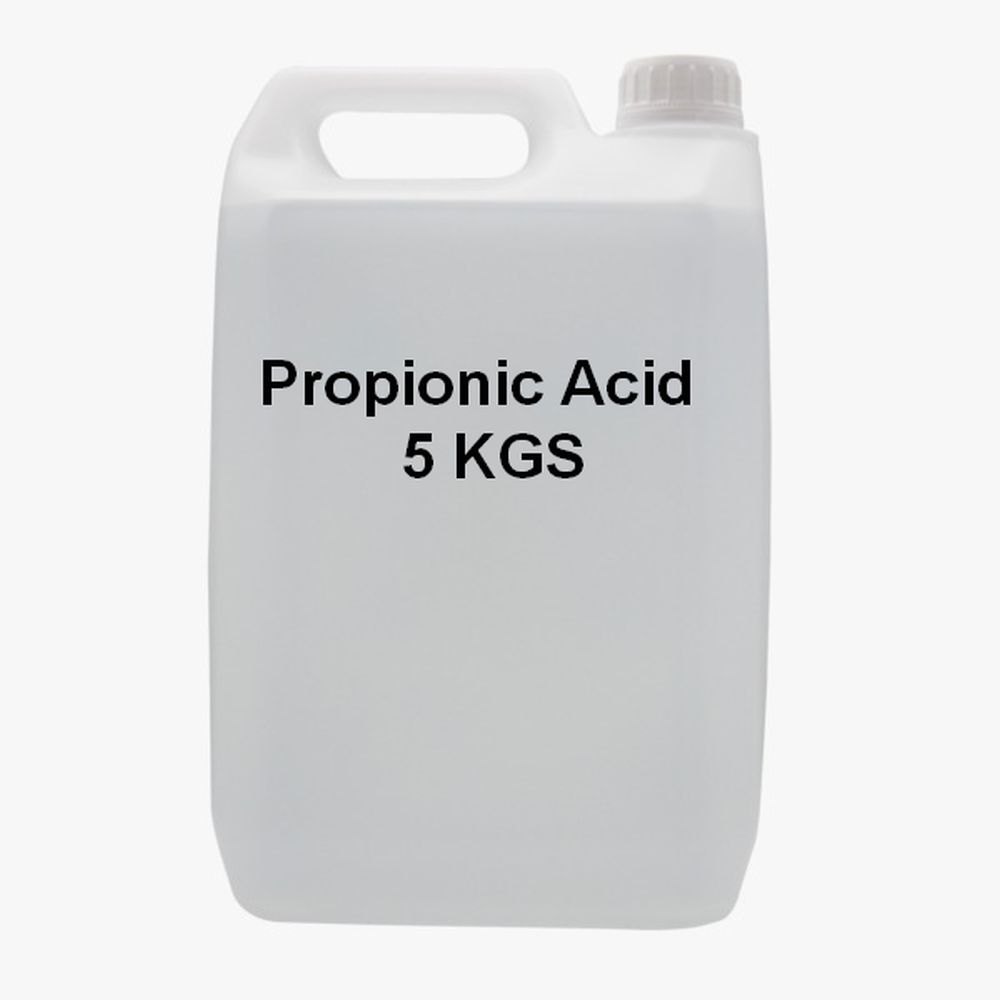
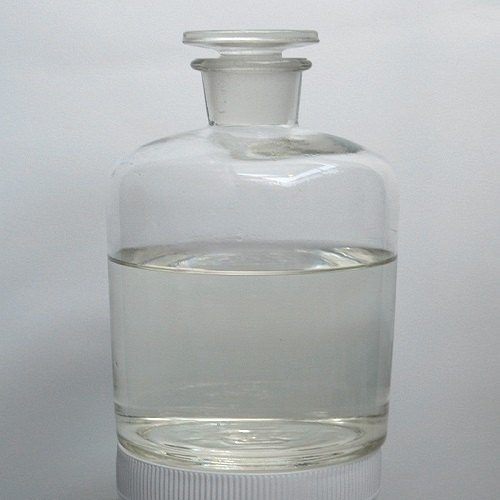

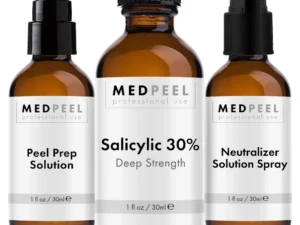
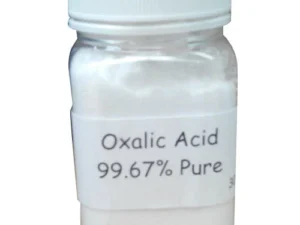
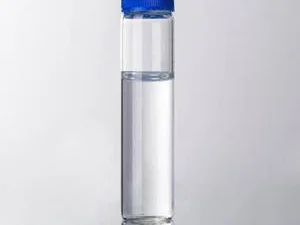
Reviews
There are no reviews yet.